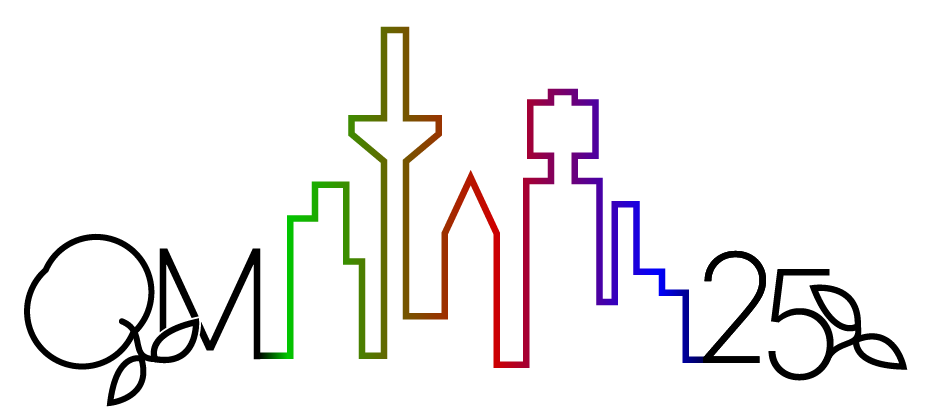Speaker
Description
In this talk, I will introduce recent progress in applying machine learning to the holographic QCD phase, the heavy quark potential and mass spectrum. We utilize machine learning to input the equation of state and baryon number susceptibility into the holographic model. Then, using this machine learning-enhanced holographic model, we predict the heavy-quark potential and transport properties that are consistent with lattice QCD and experimental data. Furthermore, we employ Kolmogorov-Arnold networks (KANs) to construct a holographic model based on heavy quarks, demonstrating KANs' potential to derive analytical expressions for high-energy physics applications. The mass spectrum and equation of state data are also inputted into the holographic model simultaneously. We aim to develop a consistent holographic model that integrates neural networks.
| Category | Theory |
|---|
